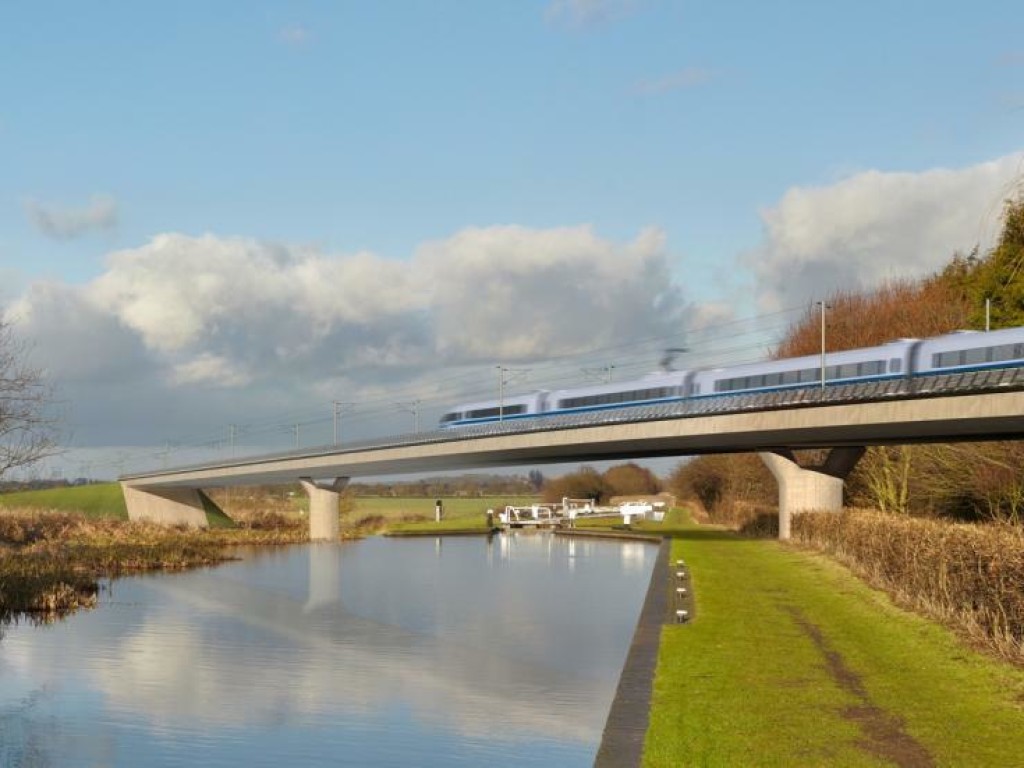
Until now, the official line from both the government and HS2 has been that the overall budget for the whole project is £55.7bn at 2015 prices. Today Grant Shapps told the House of Commons in a written statement that the recently appointed chairman of HS2 Ltd, Allan Cook, puts the actual cost somewhere between £72bn and £78bn in 2015 prices.
Adjusting by construction cost inflation, this range is equivalent to £81bn to £88bn in 2019 prices, Mr Shapps said, against a budget equivalent to £62.4bn.
Not only has the budget been way out, so too has the timetable, Mr Cook told the secretary of state.
“Regarding schedule,” Mr Shapps said, “the chairman does not believe the current schedule of 2026 for initial services on Phase One is realistic. In line with lessons from other major transport infrastructure projects, his advice proposes a range of dates for the start of service. He recommends 2028 to 2031 for Phase One – with a staged opening, starting with initial services between London Old Oak Common and Birmingham Curzon Street, followed by services to and from London Euston later. He expects Phase 2b, the full high-speed line to Manchester and Leeds, to open between 2035 and 2040.”
Phase 1 had until now been opening in 2026, with Phase 2 open by 2033.
While all that sounds like bad news, Mr Cook has also suggested that Phase 2a, West Midlands to Crewe, could be delivered to the same timetable as Phase 1, subject to Parliamentary approval.
He also argues that the benefits of the current scheme are “substantially undervalued” and Mr Shapps seems to support that position, broadly preparing MPs and the public alike for pressing on with the project, rather than scrapping it, as some have called for.
Mr Cook reported to the secretary of state: “The original plans did not take sufficient account of the compound effect of building a high-speed line through a more densely populated country with more difficult topography than elsewhere – and doing so whilst complying with higher environmental standards. Equally, the existing cost/benefit model, which was designed for smaller scale schemes, has proved inadequate in capturing the full transformational effect of HS2, particularly on changing land values. This transformation is already being demonstrated in Birmingham.”
https://www.theconstructionindex.co.uk/news/view/hs2-comes-clean-on-cost-88bn-at-current-prices